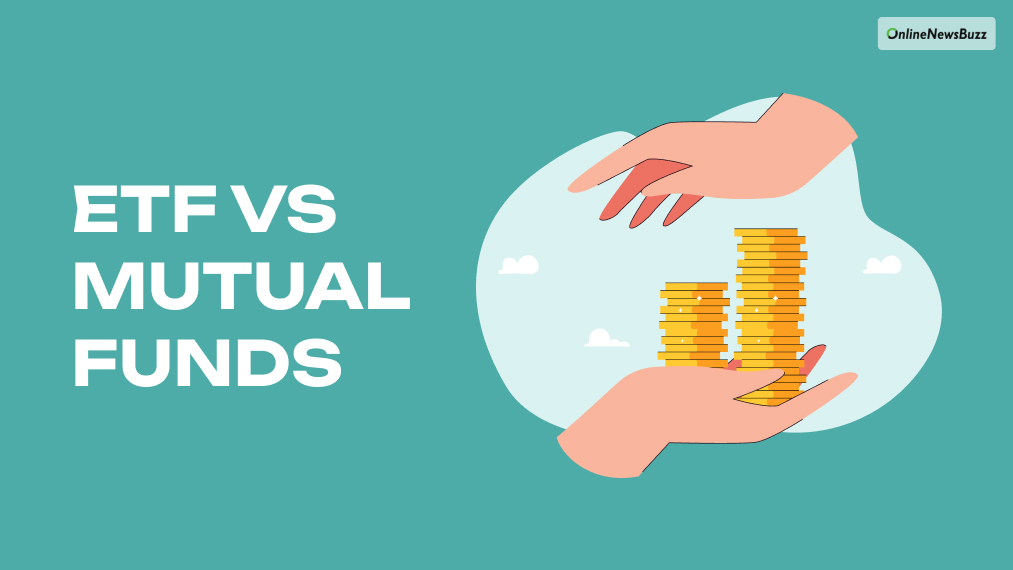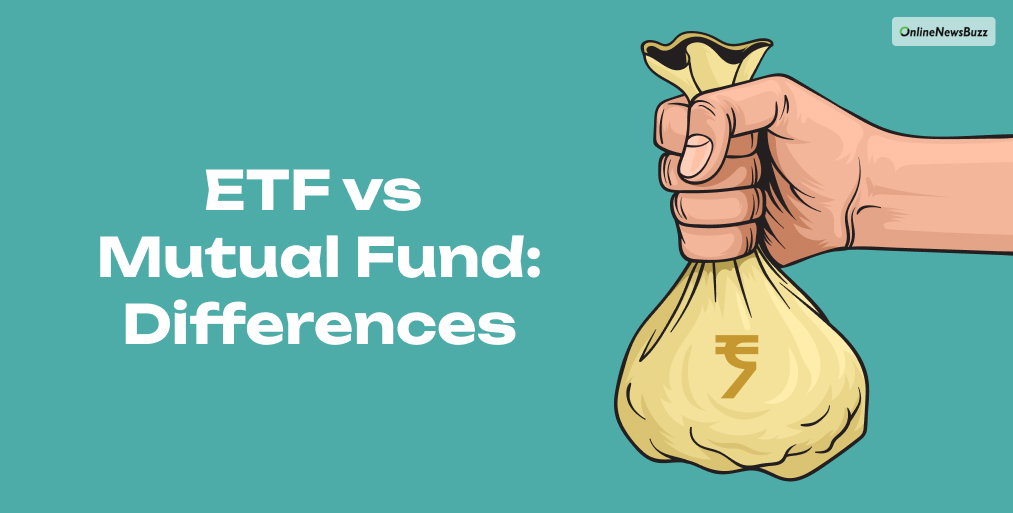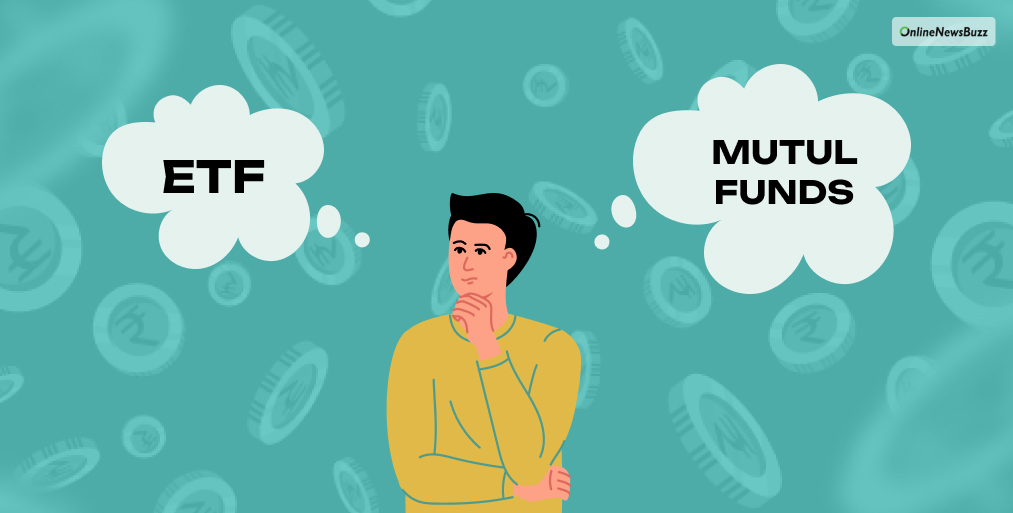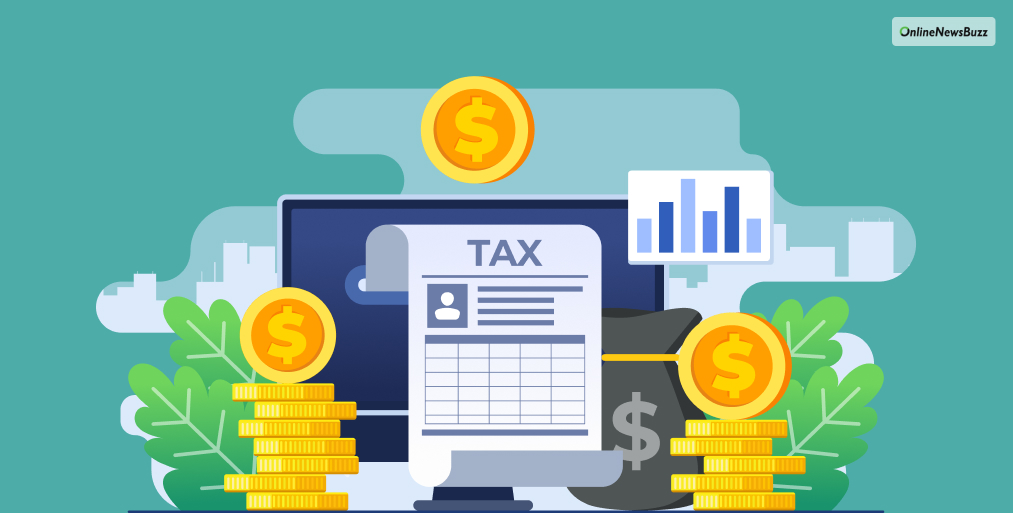
Want to know how ETFs differ from mutual funds? Are you searching for which investment option is best for you? Then this article is what you are searching for because it is about ETF vs Mutual Fund and how it differs as an investment option.
While looking at ETFs and mutual funds, you might think they are similar because both hold different investment portfolios. Several assets are managed under the funds from stocks to bonds which you can invest in.
However, when you dig deep into ETFs and Mutual Funds, you realize there is more to these two investment options on the stock exchange. Additionally, these two investment options are better suited for different investors in exchange based on the investment goals of investors.
So, without further discussion, let’s learn how ETFs differ from mutual funds.
ETF vs Mutual Funds: Definition
Let’s understand the meaning of ETF and Mutual fund and then move on to ETF vs Mutual Fund differences. There are certain differences in different investment options in the market which makes it suitable for a wide variety of investors.
Therefore, let us understand the exchange-traded fund definition and then move on to mutual fund definition to get a better understanding of the right investment option.
ETF or Exchange-traded Fund

Exchange-traded funds or ETFs are funds that are traded on the stock exchange just like common stocks. These ETFs track the index of the assets under its fund and try to match the price and returns of the index assets.
So, when the stocks under the fund increase, your ETF price also increases. Therefore, you profit from your investments when you sell your ETFs, just like owning and selling the company’s stock. Additionally, ETFs are passively managed funds traded between buyers and sellers.
Furthermore, you don’t need to purchase ETFs from financial institutions, making them cheaper than mutual funds. You don’t need to pay asset management fees to the asset management company (AMC) to manage your funds. This makes investing in ETFs cheaper.
Additionally, an ETF provider always tries to balance your ETF price with the assets index value by adjusting the supply of shares. Your ETF provider will redeem old shares or create new shares to keep your ETF pricing close to the assets’ net index value.
Did you know since 2003 there has been an increase of 3000 percent in ETFs worldwide. Furthermore, you can invest in different types of ETFs like gold ETF or crypto ETF like Bitcoin ETF.
Mutual Fund

Mutual funds are actively managed funds commonly managed under financial institutions. So, you must purchase your mutual fund from these institutions that directly manage the assets under the funds. You can also purchase them from brokerage firms that manage these mutual funds.
Do you need to figure out what financial companies are? Then, let’s explain it to you in detail. Financial institutions or asset management companies (AMCs) like BlackRock, T. Rowe Price, and Vanguard create mutual funds.
Additionally, these mutual funds consist of stocks from different high-performing companies. Furthermore, the net assets value of the mutual fund is kept close to the closing market price, so investors get high returns. Another point is it will cost you more to own a mutual fund than to own ETFs.
Here’s why it costs you more to own a mutual fund. Financial institutions research, hire analysts, manage funds, analyze stocks and industries, and make companies and administration visits to invest in the right market.
These factors increase the cost of managing your fund under institutions, but you all get valuable stocks to invest in. Therefore, it helps you get good returns when you invest in mutual funds but costs you more, too.
It would help if you bore this cost of managing funds when you invest in a mutual fund, which makes it costlier than owning an ETF. Additionally, you might be penalized if you sell your mutual fund within the set time limit.
For example, certain mutual funds with a holding time of 90 days to 5 years. You must pay a penalty to sell these mutual funds before this holding period. So, your flexibility to sell mutual funds decreases, but you can sell ETFs anytime.
According to Statista, mutual funds have grown 55% from 2011 to 2022. If you are new to investment and want to learn about different types of stocks, then read this article.
Read More: TOP 4 MUTUAL FUND MYTHS BUSTED! REMOVE HURDLES TO MAKING MONEY, HERE IS HOW
ETF vs Mutual Fund: Differences

While all investment funds strive to give you profits but not all investment options are right for you. Therefore, you must research and understand different investment options to pick the best option for you.
Additionally, you might be looking to invest for a long term or want to invest a bulk amount. All these different preferences fit different investment types so let’s understand the differences between ETFs and mutual funds.
Furthermore, let’s understand which among these two funds, ETF vs Mutual Fund, better suits you.
| ETF | Mutual Fund |
| You can purchase and sell ETFs anytime during market trading hours. ETF value is not calculated at the end of the day. | You can purchase a mutual fund unit at any time, but your trading will resume after closing current market trading hours. This is because the net asset value can be calculated after the market. |
| You can purchase ETFs from the stock exchange. | If you wish to purchase a mutual fund, you must purchase it from a financial institution or assets management company (AMC). |
| ETF has no holding period and offers the flexibility to sell them without penalty within market hours. | Most mutual funds have a holding period for the assets under the fund. |
| You have the flexibility to sell ETFs within market hours without any penalty. | If you try to sell your mutual fund before holding period, you will have to pay a penalty of up to 2%. |
| You are taxed on your capital gain on ETF. ETF has less internal trading, so you are taxed less. Additionally, your taxed amount is based on the losses and gains from your investment. | On mutual funds, you must bear taxes on your capital gains, but with more internal trading, you will be taxed more. |
| ETF is a passively managed fund that does not have fund managers managing your fund. | A mutual fund is an actively managed fund under financial institutions. You benefit from professional managers looking after your funds. |
| You can invest however much in the fund to own your preferred ETF. | However, you must invest certain funds in dollars to purchase your mutual fund. |
| ETFs have a low expense ratio. | Mutual Funds have a high expense ratio because of active fund management. |
| You get to track the latest market changes in your ETF valuation. | It takes time to show the net valuation of the mutual fund you are holding. |
ETF vs Mutual Fund have key investment differences that will help you understand which investment options are better.
ETF vs Mutual Fund: Which Invest Option Is Best For You?

Read more investment books to learn about different investment options in the market. You will get to understand the investment trends when you have a more profound knowledge about different investment options and it’s advantages. Let’s now learn which investment option suits you: ETF vs Mutual Fund options.
Diversification
Are you looking to diversify your portfolio with different investment options? Then, in the ETF vs Mutual Fund debate, both investments are great options for diversifying your portfolio. You get to invest in different securities under exchange-traded funds and mutual funds.
Assets like bonds, stocks, commodities, and other assets under these funds help reduce investment risks. Additionally, your investment gets exposure to different securities and asset classes and does not depend on a single asset.
Furthermore, when you diversify your portfolio with any of these funds, you protect your funds from the volatile stock market. Therefore, ETF vs Mutual Fund are equally best for portfolio diversification.
Long-Term Investment
Are you searching for long-term investment options? Then, you can invest in ETF and Mutual Funds, which offer advantages for long-term investment. Both these investment options are great for you if you wish to invest in the long term.
You get the advantage of compounding when you invest in mutual fund. Additionally, you compound your investment returns over time to grow your investment. Use mutual fund calculator to calculate your initial amount after compounding.
Similarly, if you invest in ETF, the overall assets valuation under the fund grows over time to increase your ETF valuation. Here, ETF vs Mutual Fund are both great options for long-term investors in the stock market.
Expense Ratio
Are you looking for an investment option with a lower expense ratio? Then, you should invest in ETF because it’s a passively managed fund. Among ETF vs Mutual Fund debate, ETF has a lower expense ratio.
You do not need to bear the expense of asset management because you can directly purchase ETF from the exchange. Therefore, you don’t have to bear asset management fees under ETF.
Owning a mutual fund is more expensive than ETF because of the fund’s active management.
AMC hires professional investors and analysts to analyze the market and increase the net valuation of the assets under the mutual fund costs money. You must purchase mutual funds from financial institutes. Additionally, it would help if you bore the expense of managing your funds under expert fund managers.
So, the expense ratio increases for actively managed funds.
Professional Fund Management
Are you new to investing? If you want investment options that professional fund managers manage, opt for mutual funds.
You need to purchase a unit of mutual funds from financial institutions that manage significant funds. Therefore, you cannot purchase mutual fund from the exchange even if it’s listed.
These institutes have experienced fund managers who analyze the market to pick the best assets to list under their fund.
Therefore, you can use professional fund managers to increase your investment returns. However, owning a mutual fund requires a high expense ratio.
Tax Benefits

You must pay tax on your ETF capital gains If you sell your ETF. On the other hand, most mutual funds have high taxes because of internal trading. You must pay higher taxes on capital gains when selling your mutual fund.
Wrapping UP
In ETF vs Mutual Fund, you see the differences between these two investment options. Additionally, you must understand which investment option is better for you because everyone has different preferences. We only sometimes have the bulk amount to invest in mutual funds, but we still find other options to invest in.
Similarly, if you are looking for a low expense ratio when investing your money in exchange, then ETF might be a better choice for you. Furthermore, you get the flexibility to invest in exchange-traded funds and can invest any amount of money.
This makes ETF advantageous for investors when they realize the ETF vs Mutual Fund differences. So, read more investment books in the market to learn about the best investment options for you.
Additionally, you can invest in different types of ETFs and mutual funds to get higher returns. Thus, concluding the ETF vs Mutual Fund debate on which investment option is best for you.
Read More:




























